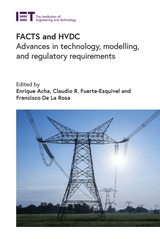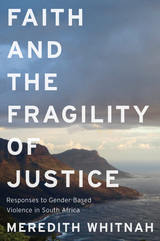12 start with A start with A
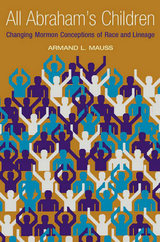
Mauss describes a complex process of the broadening of these self-defined lineages during the last part of the twentieth century as the modern Mormon church continued its world-wide expansion through massive missionary work.
Mauss contends that Mormon constructions of racial identity have not necessarily affected actual behavior negatively and that in some cases Mormons have shown greater tolerance than other groups in the American mainstream.
Employing a broad intellectual historical analysis to identify shifts in LDS behavior over time, All Abraham’s Children is an important commentary on current models of Mormon historiography.
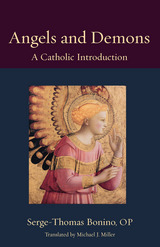
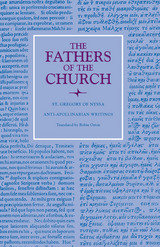
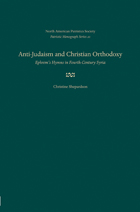
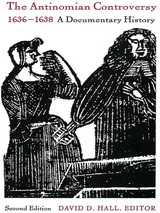
This new edition of the 1968 volume, published now for the first time in paperback, includes an expanding bibliography and a new preface, treating in more detail the prime figures of Anne Hutchinson and her chief clerical supporter, John Cotton. Among the documents gathered here are transcripts of Anne Hutchinson’s trial, several of Cotton’s writings defending the Antinomian position, and John Winthrop’s account of the controversy. Hall’s increased focus on Hutchinson reveals the harshness and excesses with which the New England ministry tried to discredit her and reaffirms her place of prime importance in the history of American women.

Apocalyptic visions and prophecies from Zarathustra to yesterday form the luxuriant panorama in Eugen Weber's profound and elegant book. Beginning with the ancients of the West and the Orient and, especially, with those from whom we received our religions, the Jews and earliest Christians, Weber finds that an absolute belief in the end of time, when good would do final battle with evil, was omnipresent. Within centuries, apocalyptic beliefs inspired Crusades, scientific discoveries, works of art, voyages such as those of Columbus, rebellions and reforms. In the new world, American abolitionists, who were so critical to the movement to end slavery, believed in a final reckoning. The nineteenth and twentieth centuries' apocalyptic movements veered toward a lunatic fringe, and Weber rescues them from obloquy. From this more than two millennia history, he redresses the historical and religious amnesia that has consigned the study of apocalypses and millennial thought to the ash heap of thought and belief.
Weber, a master storyteller, turns detective in this latest book as he finds these alternative rationalities in the West, Asia, Africa, and South America. He writes with profound respect for the millennial pulse in history while never losing his urbane and witty style of writing. As we approach our second millennium beset by a host of apocalyptic predictions and cults, this book offers a map of understanding of the creeds we ignore at our peril.
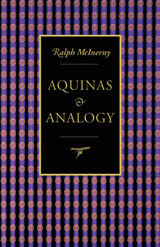
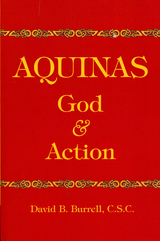
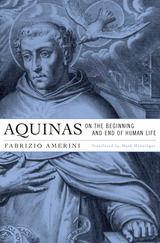
In contemporary discussions of abortion, both sides argue well-worn positions, particularly concerning the question, When does human life begin? Though often invoked by the Catholic Church for support, Thomas Aquinas in fact held that human life begins after conception, not at the moment of union. But his overall thinking on questions of how humans come into being, and cease to be, is more subtle than either side in this polarized debate imagines. Fabrizio Amerini—an internationally-renowned scholar of medieval philosophy—does justice to Aquinas’ views on these controversial issues.
Some pro-life proponents hold that Aquinas’ position is simply due to faulty biological knowledge, and if he knew what we know today about embryology, he would agree that human life begins at conception. Others argue that nothing Aquinas could learn from modern biology would have changed his mind. Amerini follows the twists and turns of Aquinas’ thinking to reach a nuanced and detailed solution in the final chapters that will unsettle familiar assumptions and arguments.
Systematically examining all the pertinent texts and placing each in historical context, Amerini provides an accurate reconstruction of Aquinas’ account of the beginning and end of human life and assesses its bioethical implications for today. This major contribution is available to an English-speaking audience through translation by Mark Henninger, himself a noted scholar of medieval philosophy.
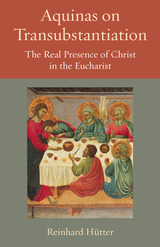
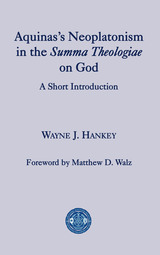
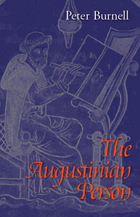
READERS
Browse our collection.
PUBLISHERS
See BiblioVault's publisher services.
STUDENT SERVICES
Files for college accessibility offices.
UChicago Accessibility Resources
home | accessibility | search | about | contact us
BiblioVault ® 2001 - 2025
The University of Chicago Press



